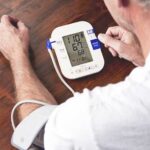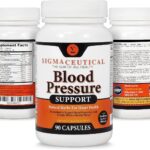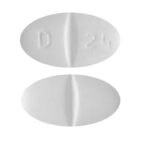Why Do High Blood Pressure Pills Make You Urinate More?
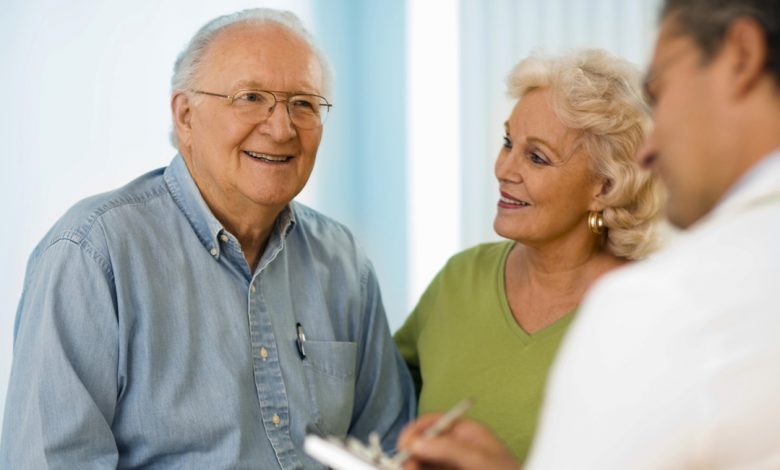
High blood pressure, or hypertension, is a major health problem that is common in older adults. Your body’s network of blood vessels, known as the vascular system, changes with age. Arteries get stiffer, causing blood pressure to go up. This can be true even for people who have heart-healthy habits and feel just fine. High blood pressure, sometimes called “the silent killer,” often does not cause signs of illness that you can see or feel.
In the United States, around 75 million people, or 29% of the population, have high blood pressure, according to the Centers for Disease Control and Prevention (CDC).
For most people, medication is a major part of the plan to lower their blood pressure. These drugs, also called “anti-hypertensive” medicine, won’t cure high blood pressure. But they can help bring it back down to a normal range.
Which medicine you should take depends on things like:
• How high your blood pressure is
• What’s causing it
• How your body responds to the drugs
• Other health problems you have
Many people need more than one type of medication to control their high blood pressure. It may take some time working with your doctor to find the drugs and doses that work best for you.
Types of High Blood Pressure Medications
Many blood pressure medications, known as antihypertensives, are available by prescription to lower high blood pressure (HBP or hypertension). There are a variety of classes of high blood pressure medications and they include a number of different drugs. Each class lowers blood pressure in a different way.
• Diuretics
• Beta-blockers
• ACE inhibitors
• Angiotensin II receptor blockers
• Calcium channel blockers
• Alpha-blockers
• Alpha-2 receptor agonist
• Central agonists
• Peripheral adrenergic inhibitors
• Vasodilators
Why Do High Blood Pressure Pills Make You Urinate More?
For many people, the first-choice medication for high blood pressure is a thiazide diuretic. For others, a diuretic alone is not enough to control blood pressure. In these cases, a diuretic may be combined with a beta-blocker, ACE inhibitor, angiotensin II receptor blocker, or calcium channel blocker. Adding a second medication may lower your blood pressure more quickly than using a diuretic alone. Also, it allows you to take less of each medication, which may reduce side effects.
Diuretics increase urination which reduces sodium and fluid in the body. That can help lower blood pressure because it lowers blood volume. Mild hypertension can sometimes be treated using diuretics alone, although they are more commonly used in combination with other high blood pressure medications. However, those who take diuretics may need to urinate many times throughout a 24-hour period. Examples of diuretics include:
• Bumetanide (Bumex)
• Chlorthalidone (Hygroton)
• Chlorothiazide (Diuril)
• Ethacrynate (Edecrin)
• Furosemide (Lasix)
• Hydrochlorothiazide HCTZ (Esidrix, Hydrodiuril, Microzide)
• Indapamide (Lozol)
• Methyclothiazide (Enduron)
• Metolazone (Mykroz, Zaroxolyn)
• Torsemide (Demadex)
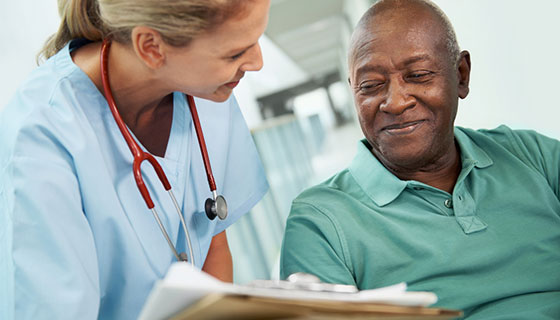
How to cope with frequent urination from high blood pressure pills
According to Cleveland Clinic, there are several lifestyle changes and non-medicated ways to manage your frequent urination. These can include:
• Avoiding drinking fluids before going to bed.
• Limiting the amount of alcohol and caffeine you drink.
• Doing Kegel exercises to build up strength in your pelvic floor. These muscles support the organs in the pelvis, including your bladder. Kegel exercises are often prescribed to women after childbirth because of the stress having a baby places on the pelvic floor muscles.
• Wearing a protective pad or underwear to avoid leaks. This is a short-term solution that can help you keep living your life while your condition is being treated.

